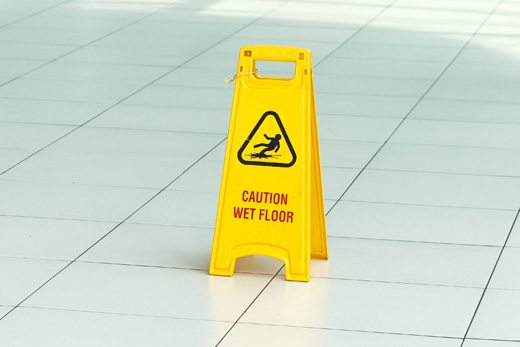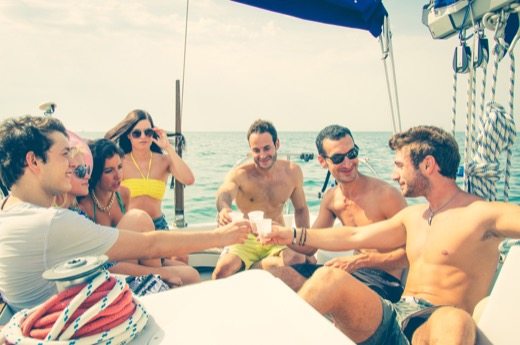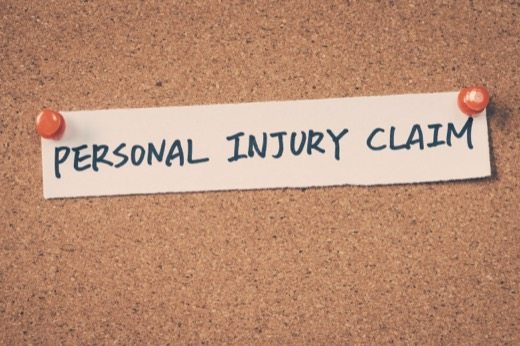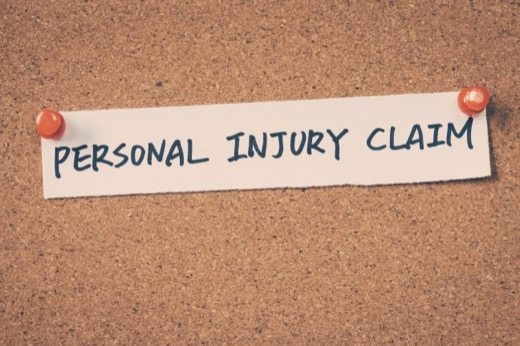Cruise Ship Injuries – Common Dangers on the High Seas and Common Sense Tips to Reduce Your Chance of Injury
There is something magical about vacationing on a cruise ship. Whether the appeal is seeing many different ports on a single trip, the incredible array of food and drinks, or the onboard camaraderie and sense of adventure that cruising provides, there is something for everyone. Unfortunately, cruise ships (like the rest of the world) can be dangerous places. If you or a loved one has been injured on a cruise ship, you may be entitled to compensation for your injuries.
Cruise ships are considered “common carriers” under the law. Where a cruise ship causes or permits an act prohibited by law, or fails to do something required by law, they can be held liable for the full extent of damages sustained, as well as attorneys’ fees.
Food Poisoning on Cruise Ships
Food poisoning can occur in a number of different ways. Sometimes, the cruise ship inadvertently purchases food, such as lettuce or alfalfa sprouts, that is infected with some strain of a virus that will cause people to become ill. Other times, food is not kept at the correct temperature, which can lead to food poisoning. A third way one can get food poisoning on a cruise ship is based on the bad habits of others. Buffets are common on cruise ships. Imagine the incredible assortment of bad habits which could lead to other people having bacteria on their hands. When they use the buffet serving tools to put food on their plates, they may be also transferring that bacteria onto the serving tools. When you use the same tools, you may introduce that bacteria onto your hands. If you then use your hands to eat, you could introduce that bacteria to your body.
Consider the following to protect yourself: Do not eat food that is being kept at lukewarm temperatures. Hot food should be hot. Cold food should be stored at less than 40 degrees. According to the Centers for Disease Control, (CDC) perishable food should not be kept out for more than two hours. Additionally, consider excusing yourself from the table to wash your hands with soap after you have filled your buffet plate but before you start to eat.
If you experience a fever over 101.5, prolonged vomiting, signs of dehydration, or diarrheal illness, you may be a victim of food poisoning. You should notify the cruise ship immediately if you experience any of these symptoms, even if you are not sure if you have food poisoning. This puts the cruise ship on notice they may have a potential outbreak on their hands. It may also be critical to your subsequent claim.
Slips, Trips, and Falls on Cruise Ships
Slips, trips, and falls are not uncommon on cruise ships. Part of this, of course, can be attributed to the adjustment people sometimes require as they gain their sea legs. Part of this can be because water makes surfaces more slippery. Also, cruise ships have raised thresholds as part of their design. The presence of water or a raised threshold itself may not give rise to a lawsuit. However, as with most parts of the law, it depends on the facts and circumstances surrounding any given incident. Sure, it is reasonable to expect the surfaces surrounding a pool to be wet. But it is not necessarily reasonable that those surfaces will be slippery; different surfaces respond differently to water. It is reasonable to expect that cruise ships will implement the necessary precautions by installing non-slip surface coverings around a pool, or other area that may be more likely to get wet.
Thresholds that are not adequately marked to inform the passenger of their raised presence may also be something a cruise ship could be held liable for. While they must be raised in certain circumstances, cruise ships have an obligation to make certain that the passengers are aware of this potential tripping point.
Another common injury on cruise ships results from falls down stairs. Sometimes, this is because a passenger is careless, rushing, or otherwise not paying attention. Sometimes, it is attributable to the severity of the weather conditions. But falls down stairs can also occur when there is no handrail, or the handrail, while present, has not be installed properly. In addition to improper construction, falls on stairs can occur where the stairs, banister, or stairwell has not been properly maintained.
To reduce the possibility of falling on the stairs on a cruise ship, passengers are encouraged to proceed slowly and with appropriate caution, using the handrail as intended.
It is important to note, however, that passengers are probably not in the best position to determine the cause of their slip, trip, or fall. Consequently, it is best to consult with a lawyer well versed in the requirements of “common carriers” to determine whether the cruise ship either knew or reasonably should have known about the presence of a hazard which could lead to a trip, slip, or fall.
The extent of injuries due to a trip, slip, or fall are not always readily apparent. Sometimes it can take a few days, or even a week, to fully determine the nature and extent of injuries due to a trip, slip, or fall. Consequently, no matter how insignificant it may first appear, if you slip, trip, or fall on a cruise ship, this should be reported to the appropriate authorities immediately, or as soon as practicable. If you have an injury, you should seek treatment from the cruise ship’s medical team. You should also take the time to document your injuries both with pictures and with written description of what happened. You should also take pictures of the area where you slipped, tripped, or fell. Remember that both close up and distance shots are critical in order to appropriately illustrate the scene.
If You Have Sustained an Injury on a Cruise Ship
If you have sustained an injury on a cruise ship, contact the dedicated cruise ship injury attorneys in Florida at Madalon Law to discuss your case. Together we can determine whether you may have a legitimate claim to be compensated for your injuries.















